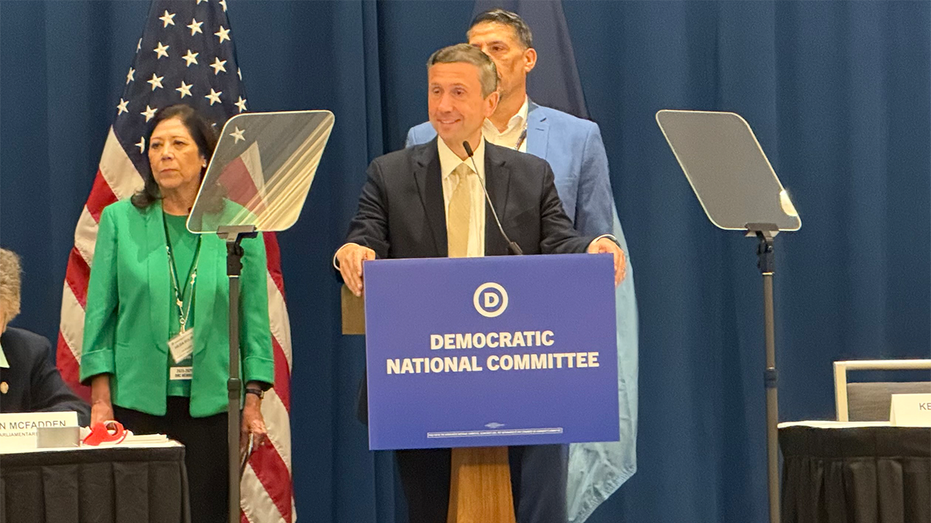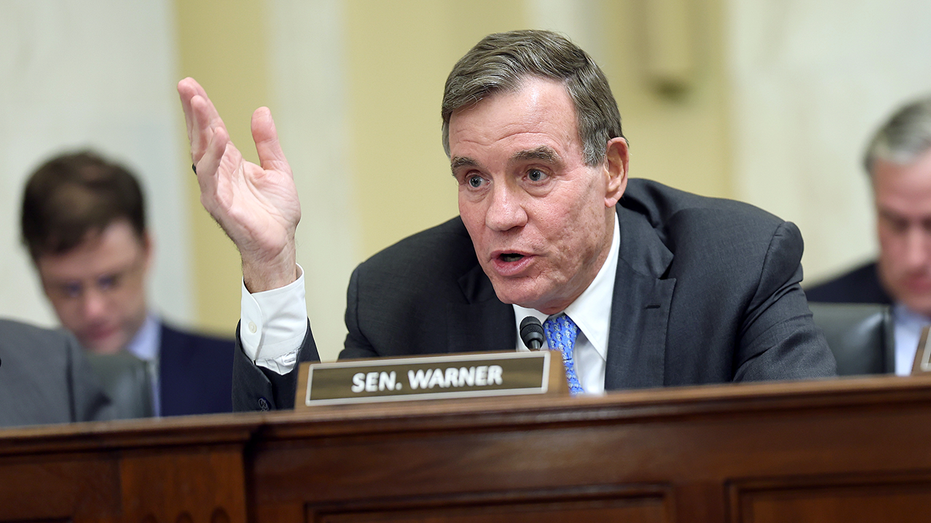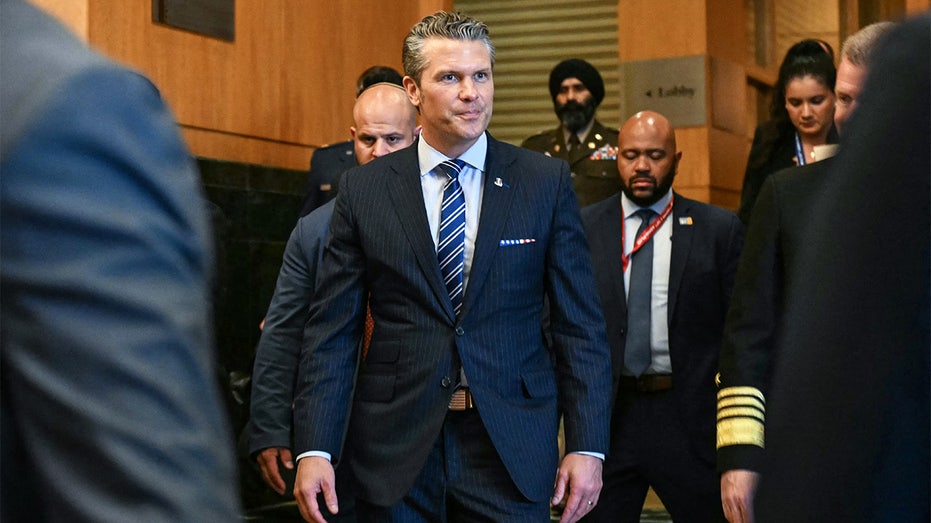The political impasse stretches into its thirtieth day, a stalemate now widely referred to as the “Schumer Shutdown.” The nation watches as the government remains partially closed, with no immediate resolution in sight.
Returning from a diplomatic tour across Asia, President Trump expressed surprise at the consistent question posed by world leaders: how could the Democrats bring the United States government to a halt? He noted a renewed sense of respect for America on the global stage during his travels.
The President detailed meetings with leaders from China, Japan, South Korea, and numerous other nations, emphasizing the positive impact of recent trade deals and tariff policies. He believes these factors are driving economic growth and restoring America’s standing in the world.

According to the President, the core of the dispute centers on the Democrats’ demand for trillions of dollars to be redirected from healthcare funding to benefit individuals who have entered the country illegally. He characterized this as a misallocation of resources.
Trump directly challenged Republican leadership in the Senate, urging them to consider invoking the “nuclear option” – eliminating the filibuster – to break the deadlock. He argued this move would swiftly end the shutdown and prevent further damage.
The filibuster, a procedural tactic requiring 60 votes to overcome, currently obstructs a simple majority from enacting legislation. Trump pointed out the Democrats themselves previously sought to abolish the filibuster when they held power, but were unsuccessful.
He warned that if Democrats regain control, they would immediately dismantle the filibuster to pursue a radical agenda, including expanding the Supreme Court and granting statehood to Washington D.C. and Puerto Rico. These actions, he contends, would fundamentally alter the balance of power.
The President framed the situation as a matter of reciprocal action, recalling how Barack Obama and Harry Reid once considered the nuclear option to benefit their party. He now advocates for the same tactic to counter what he perceives as Democratic overreach.
Trump believes eliminating the filibuster would not only resolve the current crisis but also empower Republicans to appoint qualified judges and U.S. Attorneys, strengthening the nation’s legal system. He sees it as a strategic necessity in the ongoing political battle.
The President’s message is clear: the time for decisive action is now. He insists that failing to act risks handing the Democrats a powerful tool they would undoubtedly wield against the Republicans in the future, potentially leading to irreversible changes.




